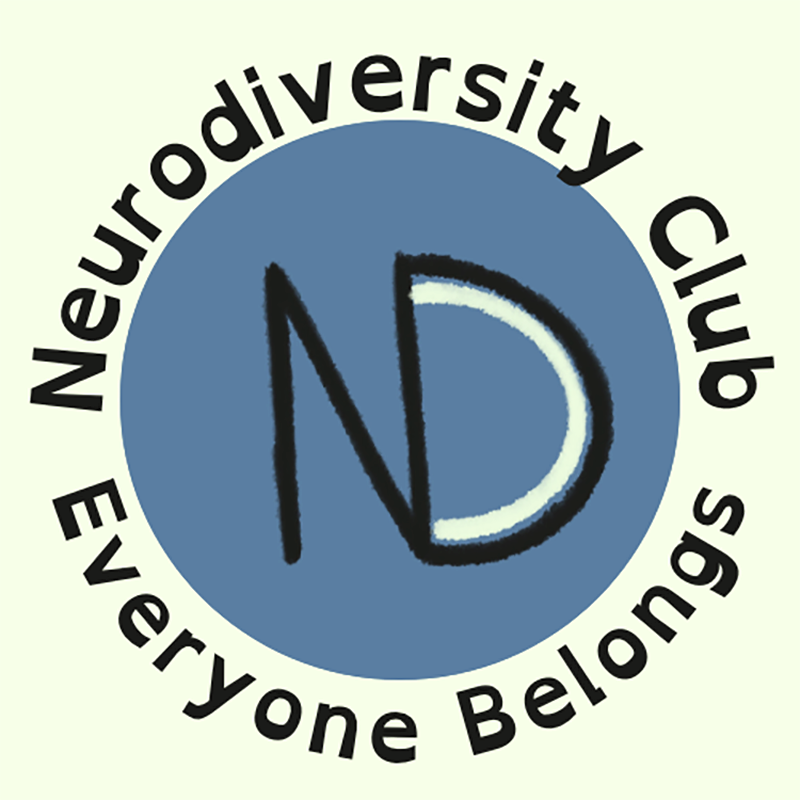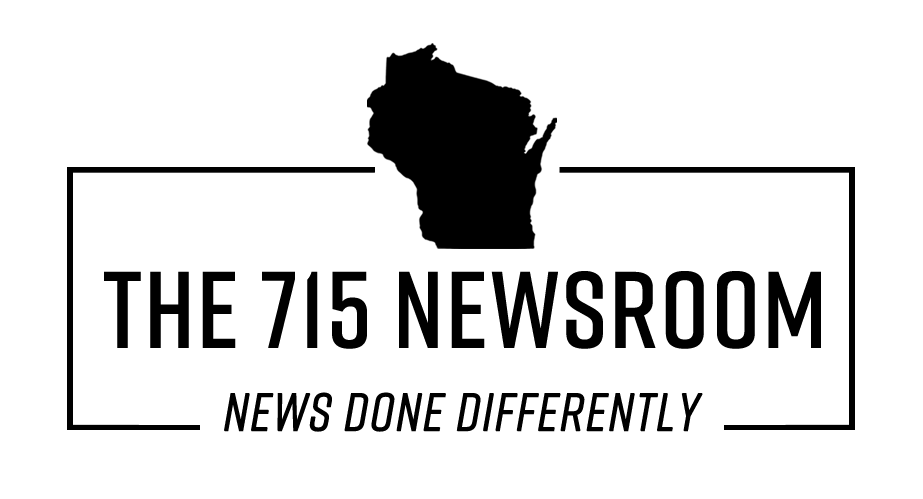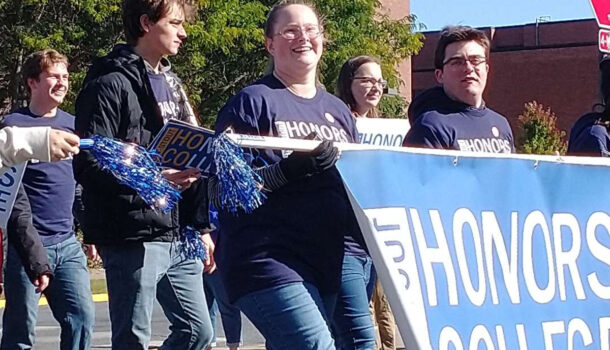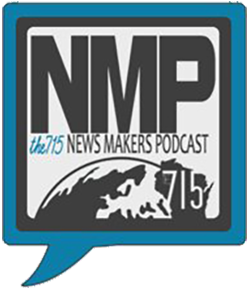ABOVE PHOTO: The Neurodiversity Club logo at UW-Stout uses the dyslexie font, which was designed for those with dyslexia.
A new University of Wisconsin-Stout club for neurodiverse students — possibly the first of its kind in the UW System — is off to a promising start.
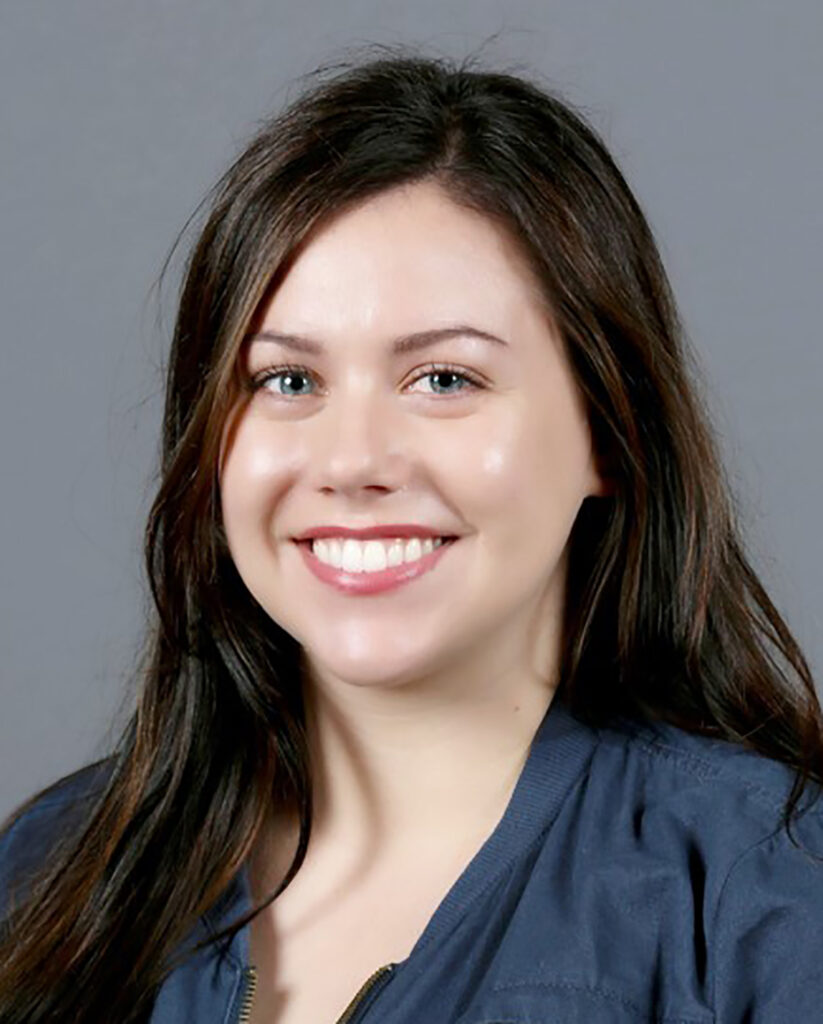
“We’ve been seeing a need for something like this for a quite a while,”
-Lammer
The Neurodiversity Club, approved in February, already has 29 members. Also, it recently received an anonymous gift of $10,000 to support and empower members to “create community and advocate for themselves,” said Hannah Lammer, assistant director of TRIO Student Support Services and the club adviser.
“We’ve been seeing a need for something like this for a quite a while,” Lammer said. “In recent years, an increasing number of neurodiverse students are choosing to attend college. To have a support system is very important to their success in college.”
Neurodiversity encompasses individuals with diagnoses including anxiety, dyslexia, attention deficit disorder, attention deficit hyperactivity disorder, autism spectrum disorder and other disorders.
According to the 2021-22 UW System Services for Students with Disabilities report, students with ADD/ADHD and in the autism spectrum have risen by 55% and 53%, respectively, in the past five years.
April is Autism Awareness Month.
Students in the neurodiverse community share a bond in that they face barriers — most often invisible — to earning their degree, Lammer said.
The anonymous gift, through Stout University Foundation, is from the parents of a UW-Stout student who is autistic.
The parents believe the club will help their student and other neurodiverse students develop better communication and social skills, an important component in their career prospects. Studies report between 66% and 85% of autistic adults are underemployed or unemployed, Lammer said.
“You need more than academics to find a job,” the parents said. “You have to create the idea of believing in yourself. It’s important to teach these students things they never think about.”
The gift-givers’ student tends not to socialize. However, they joined the club and already made a friend through club meetings. “We’re seeing actual progress without having to coax or intervene, which has traditionally been required,” the parents said, noting their student celebrated their birthday recently by sharing a cake with club members.
Lammer meets weekly with the student and other neurodiverse students to help them “navigate the college process. We have a responsibility to help set them up for success, which includes providing support, advocacy and community.”
